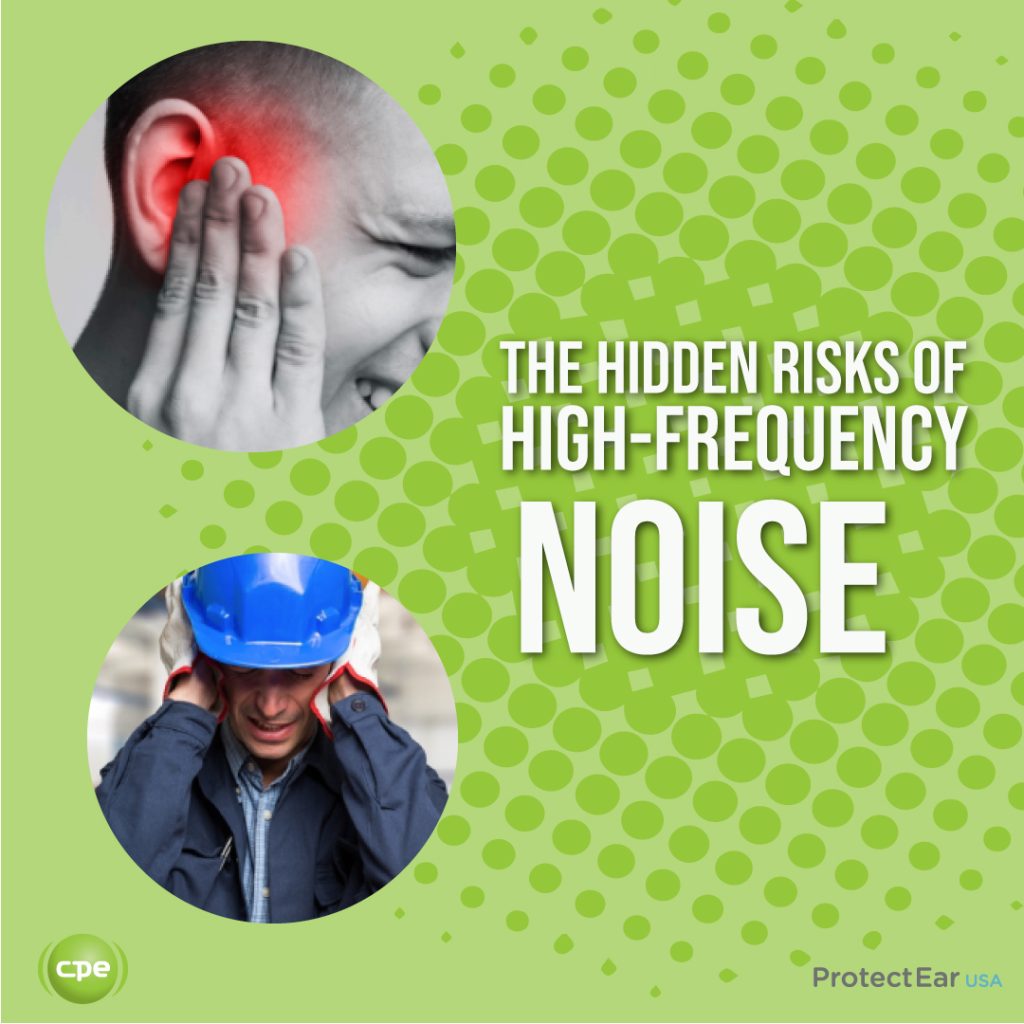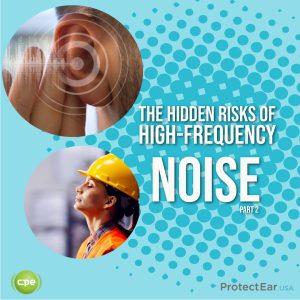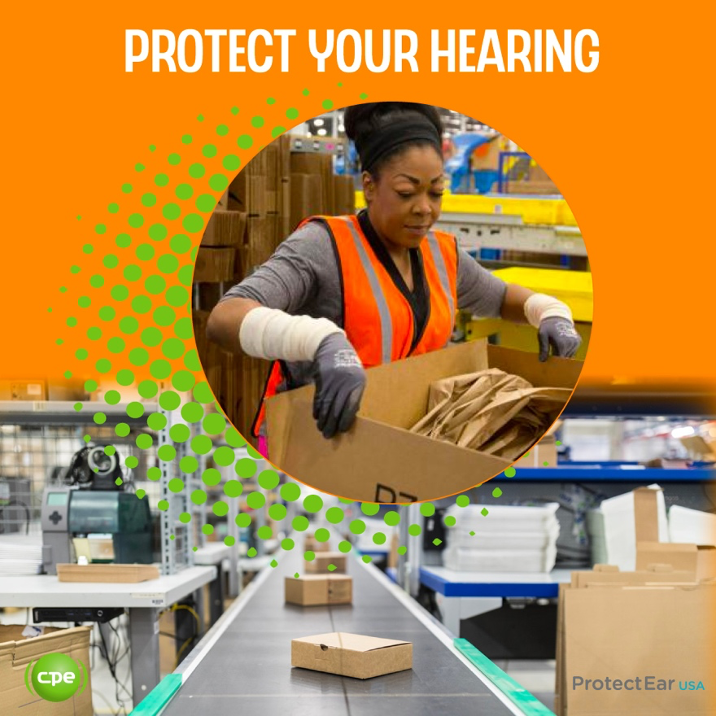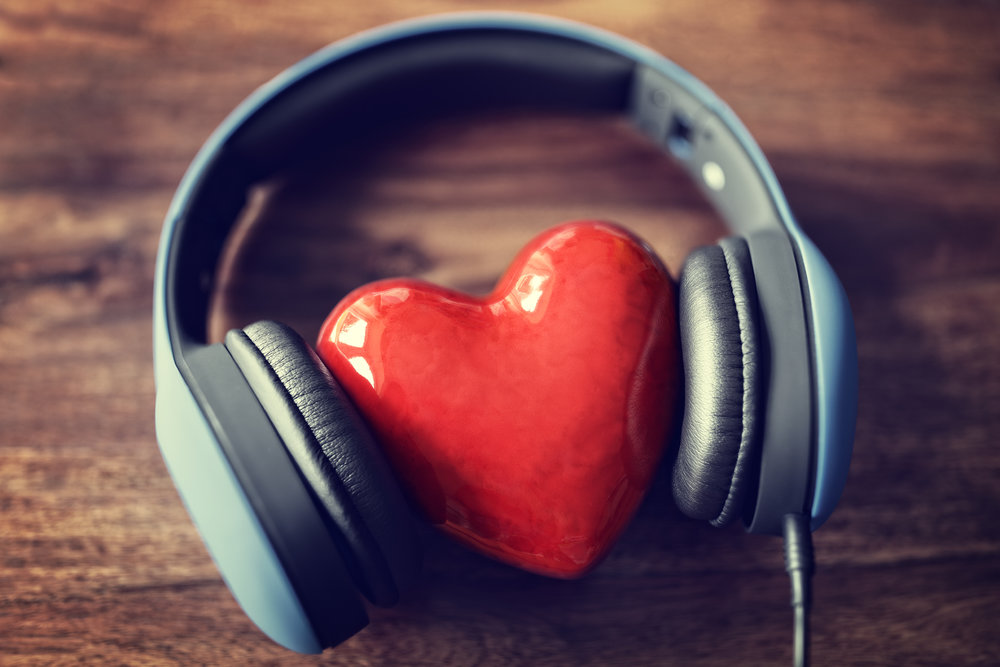The Hidden Risks of High-Frequency Noise…
Noise, often underestimated, can pose significant risks to our well-being. Here is the second part of what you need to know:
🔹 Hearing Damage:
Exposure to harmful noise, especially in the workplace, can lead to permanent and disabling hearing loss. This damage can occur gradually over time or suddenly due to extremely loud noises. Such hearing loss can make it challenging to comprehend speech, engage in conversations, or even use the telephone. But that’s not all – noise can also trigger distressing conditions like tinnitus, disrupting our sleep patterns.
🔹 Safety Concerns:
Noise doesn’t just affect our hearing; it can create safety hazards at work. It interferes with communication, making warnings harder to hear, and reduces awareness of our surroundings. In essence, noise can compromise safety, putting people at risk of injury or

🌟 Health and Safety Regulations:
To mitigate these risks, companies must take action. Depending on the level of risk, they should reduce noise exposure and provide personal hearing protection to employees. The regulations also require companies to ensure that legal limits on noise exposure aren’t exceeded, maintain noise control equipment, provide education and training, and monitor workers’ hearing ability.
🌟 Identifying Noise Problems:
Companies need to ask themselves if they have a noise issue in the workplace. If any of the following conditions apply, action must be taken:
- The noise is intrusive, akin to a busy road, vacuum cleaner, or a crowded restaurant, for most of the working day.

- Employees need to raise their voices to have a conversation.
- Noisy-powered tools or machinery are used for extended periods.
- The industry involves noisy tasks, like construction, woodworking, or foundries.
🌟 Safety Considerations:
Safety concerns related to noise arise when warning sounds are used to avoid danger, work practices rely on verbal communication, or when work is near mobile machinery or traffic.
🌟 Taking Action:
If you’ve identified noise-related risks at your workplace, it’s crucial to conduct an assessment and develop a Hearing Loss Prevention Plan to protect your employees’ well-being.
Learn how to protect your hearing in high-frequency noise
#NoiseAwareness #SafetyFirst #customprotectear #protectear #dbblockers










 From all of us at Custom Protect Ear…
From all of us at Custom Protect Ear…